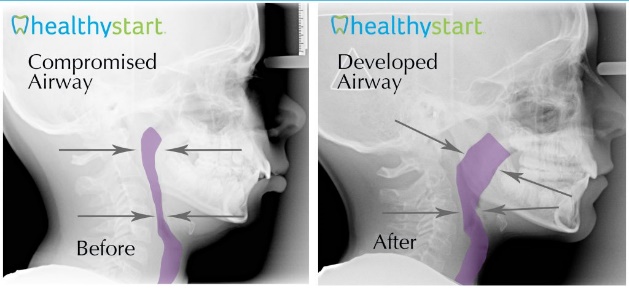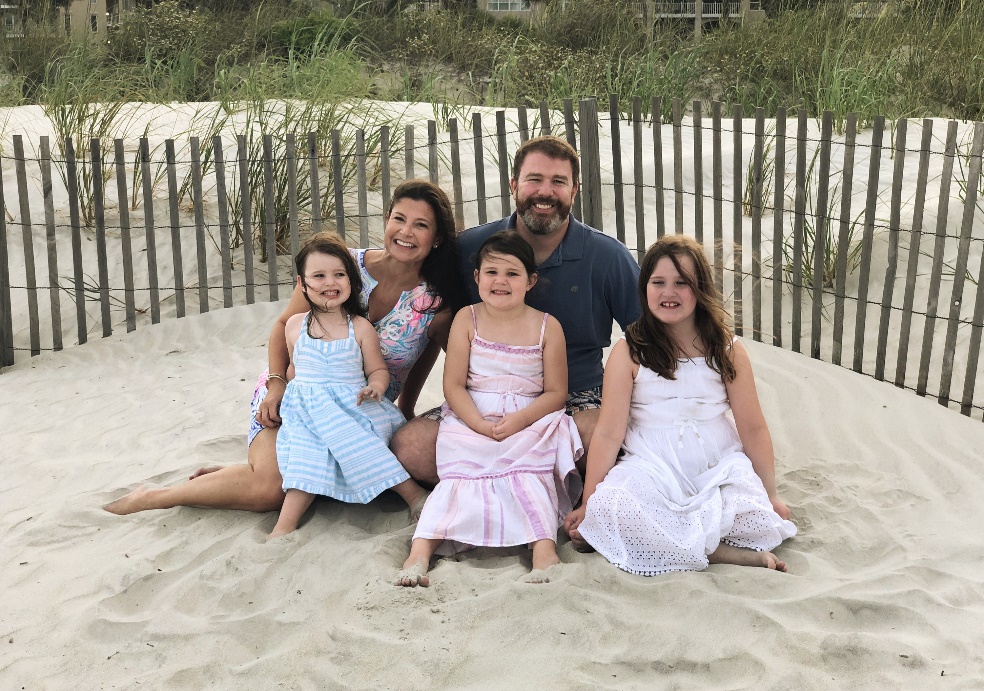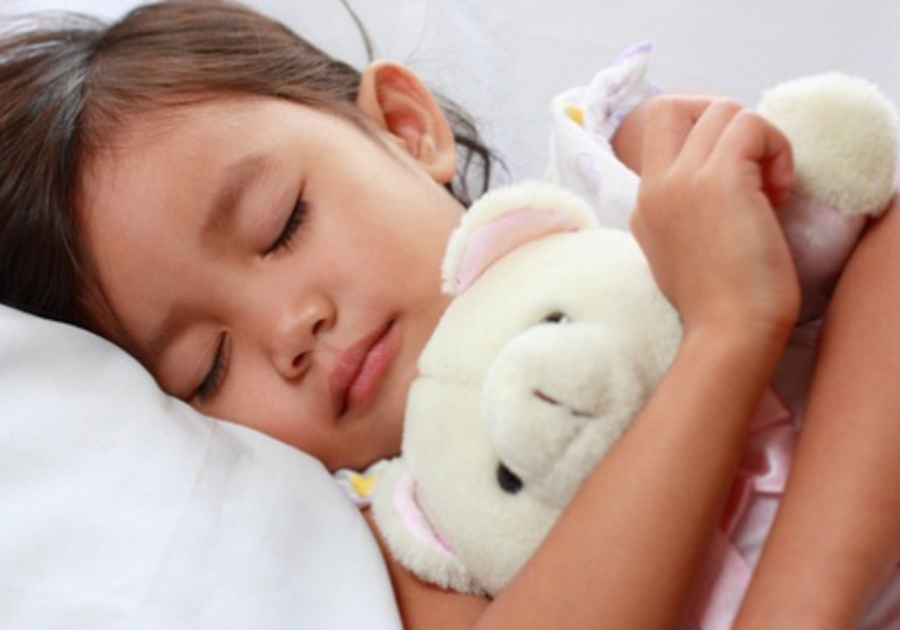I became passionate about helping children get a good night’s sleep when I noticed my oldest child was anxious in social settings and struggling in school. I suspected poor sleep might be the underlying cause as she suffered from night terrors and restless sleep. I was searching for solutions, so I became specially trained in providing therapy to improve sleep quality in children by preventing sleep disordered breathing. Our child has dramatically improved her social anxiety and is now consistently on the honor roll.
QUALITY SLEEP
As a father of three young children, I understand the importance of a good night’s sleep. The impact of a good night’s sleep is most appreciated when faced with struggling through the day after a poor night’s sleep.I say struggling because lack of quality sleep leads to a decrease in energy, absence of willpower to make healthy decisions, lack of patience with other people, poor concentration, and many other challenges.
It is even more important that young children get quality sleep as it’s so vital to healthy growth and development. Not all sleep is the same, and it is not only important that children get the right amount of sleep, but also that they get enough of the right kind of sleep. As a dentist who focuses on sleep breathing disorders, I’m trained to know that many vital functions of healthy growth and development occur during certain periods of deep sleep including:
Energy recovery
Cellular growth and repair
Hormone formation and regulation
Immune system fighting off illness
Solidifying of newly learned concepts into long term memorization and knowledge
DISRUPTION OF QUALITY OF SLEEP
When quality deep sleep gets disrupted, these important functions get disrupted leading to poor growth and development. Unfortunately, studies have shown there is a silent epidemic of children not getting a good night’s sleep because they aren’t breathing well while they sleep.Underdeveloped mouths from oral habits like tongue thrusting, mouth breathing, and thumb sucking can lead to too small of an opening into a child’s airway as shown below. A compromised airway can easily become closed off during deep sleep causing sleep disruptions and poor quality of sleep.

SIGNS TO LOOK FOR
Sleep disordered breathing is often overlooked, misdiagnosed and most unfortunately left untreated.If your child suffers from any of the following symptoms, they may suffer from poor sleep due to sleep disorder breathing.
Mouth Breathing, snoring, and teeth grinding
ADD/ADHD or difficulty focusing
Poor performance in school
Bedwetting
Nightmares and restless sleep
Chronic allergies, eczema, asthma
Swollen tonsils or adenoids
Irritability, anger, depression, headaches
WHAT CAN BE DONE
If your child struggles with any of these symptoms, specially trained healthcare providers can screen them for their risk for sleep disordered breathing. At risk children can be treated with myofunctional therapy designed to support proper growth and development of the mouth and airway preventing sleep disruption. To learn more about how myofunctional therapy could help your child reach their full potential, visit https://cedarbluffdentistry.com/healthy-start/ or contact our office at 864-962-6787 to set up a complimentary consult and screening.
Dr. Jeremy Bayer is a family dentist in Simpsonville, SC who focuses on sleep breathing disorders in adults and children.




